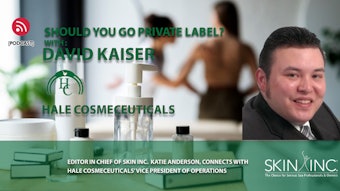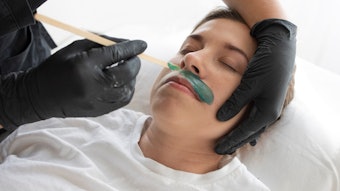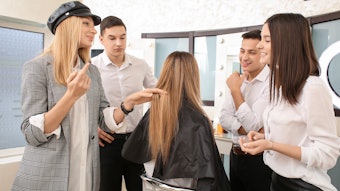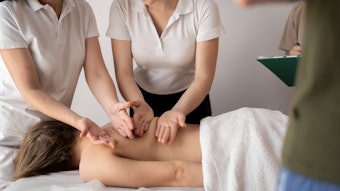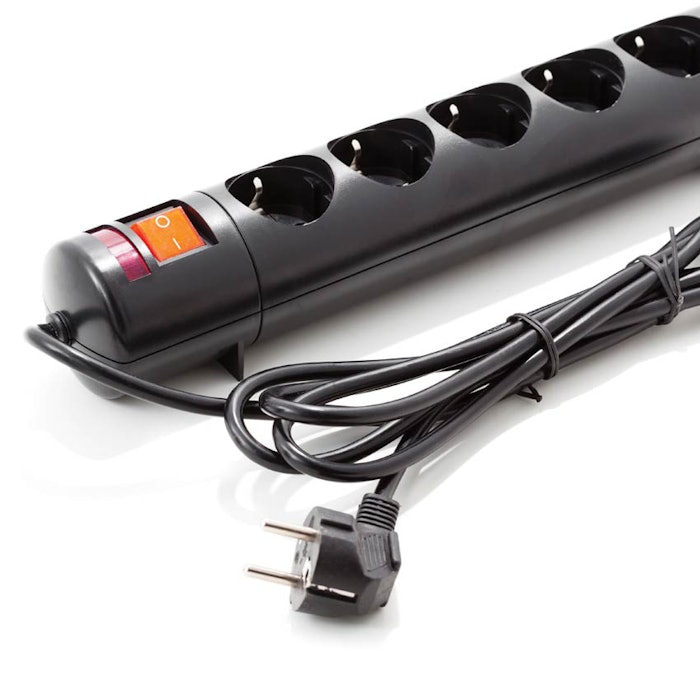
This #10things you can do to protect your business, your personal liability and your clients was compiled with help from Jesse Cormier, director of industry relations for ASCP. While they might not prevent an actual lawsuit, you will be prepared to keep the actual settlement costs lower.
1. Check client health.
Review your client’s health status with each visit. Consultation and intake forms are a necessity, not a luxury.
2. Consider waivers.
Use waiver forms for riskier procedures. When a client signs the waiver form, she has consented to the procedure regardless of the possible outcomes.
3. Mind your scope.
Vendors sell illegal tools and equipment at trade shows; this does not make it okay for you to use them on clients. Your insurance might not cover you if you are working outside of your state’s allowable procedures. You could also have your license revoked.
4. Understand your employer’s coverage.
If you are an employee or independent contractor, the spa’s coverage might only insure the business and not the esthetician. If a client files a case against the spa, there is a chance she will file it against the therapist as well.
5. Consider liability coverage.
Research your insurance options. Look for recommendations from industry partners, review associations with added insurance and visit trade shows. You might want to consider choosing an insurance company who specializes in the spa industry.
6. Understand shared vs. individual coverage.
Shared coverage means everyone shares the insurance pool. When it is time to collect, there might not be any money left. Individual means you are paying into your fund, a per person, per year aggregate.
7. Insure your equipment.
Cover your supplies in the event of a fire, a pipe burst or other damage to the space.
8. Follow directions.
Follow your manufacture’s directions for treatments and suggested trainings. If your microdermabrasion machine requires 16 hours of continued education training, get the training and have it documented.
9. When in doubt, refer out.
Be careful about offering medical advice to clients about dietary restrictions, prescriptions and diagnosing skin conditions.
10. Maintain a safe work environment.
Avoid using fire burning candles, chairs and tables should support the weight of your guests, eliminate trip hazards, cords should be tied out of the way and replace carpets with holes.






